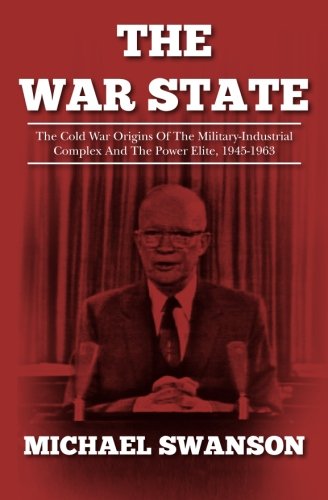“Only those of us who were born under Queen Victoria,” wrote Ronald Knox, “know what it feels like to assume, without questioning, that England is permanently top nation, that foreigners do not matter, and that if worst comes to the worst, Lord Salisbury will send a gunboat.” Knox offered this trenchant observation, redolent with irony and perhaps tinged with regret, not as a policymaker or strategic thinker, but from the vantage point of a clergyman. From the 1920s through the 1950s, Monsignor Knox was the most famous and influential Catholic priest in all of Great Britain. As such, he entertained a distinct perspective on what actually qualifies as permanent and what merely offers the appearance.
While perhaps using different terms—our preference is for dispatching nuclear aircraft carriers rather than gunboats—Americans born after World War II came into adulthood imbued with precisely the same sentiment about their own country. From the mid-1940s onward, the primacy of the United States was assumed as a given. History had rendered a verdict: we—not the Brits and certainly not the Germans, French, or Russians—were number one, and, more importantly, were meant to be. That history’s verdict might be subject to revision was literally unimaginable, especially to anyone making a living in or near Washington, D.C.
If doubts remained on that score, the end of the Cold War removed them. With the fall of the Berlin Wall and the collapse of communism, politicians, journalists, and policy intellectuals threw themselves headlong into a competition over who could explain best just how unprecedented, how complete, and how wondrous was the global preeminence of the United States.
 The War State: The Col...
Buy New $4.99
(as of 05:40 UTC - Details)
Choose your own favorite post-Cold War paean to American power and privilege. Mine remains Madeleine Albright’s justification for some now-forgotten episode of armed intervention, uttered 20 years ago when American wars were merely occasional (and therefore required some nominal justification) rather then perpetual (and therefore requiring no justification whatsoever).
The War State: The Col...
Buy New $4.99
(as of 05:40 UTC - Details)
Choose your own favorite post-Cold War paean to American power and privilege. Mine remains Madeleine Albright’s justification for some now-forgotten episode of armed intervention, uttered 20 years ago when American wars were merely occasional (and therefore required some nominal justification) rather then perpetual (and therefore requiring no justification whatsoever).
“If we have to use force,” Secretary of State Albright announced on morning television in February 1998, “it is because we are America. We are the indispensable nation. We stand tall. We see further into the future.”
Back then, it was Albright’s claim to American indispensability that stuck in my craw. Yet as a testimony to ruling class hubris, the assertion of indispensability pales in comparison to Albright’s insistence that “we see further into the future.”
In fact, from February 1998 down to the present, events have time and again caught Albright’s “we” napping. The 9/11 terrorist attacks and the several unsuccessful wars of choice that followed offer prime examples. But so too did Washington’s belated and inadequate recognition of the developments that actually endanger the wellbeing of 21st-century Americans, namely climate change, cyber threats, and the ongoing reallocation of global power prompted by the rise of China. Rather than seeing far into the future, American elites have struggled to discern what might happen next week. More often than not, they get even that wrong.
Like some idiot savant, Donald Trump understood this. He grasped that the establishment’s formula for militarized global leadership applied to actually existing post-Cold War circumstances was spurring American decline. Certainly other observers, including contributors to this publication, had for years been making the same argument, but in the halls of power their dissent counted for nothing.





